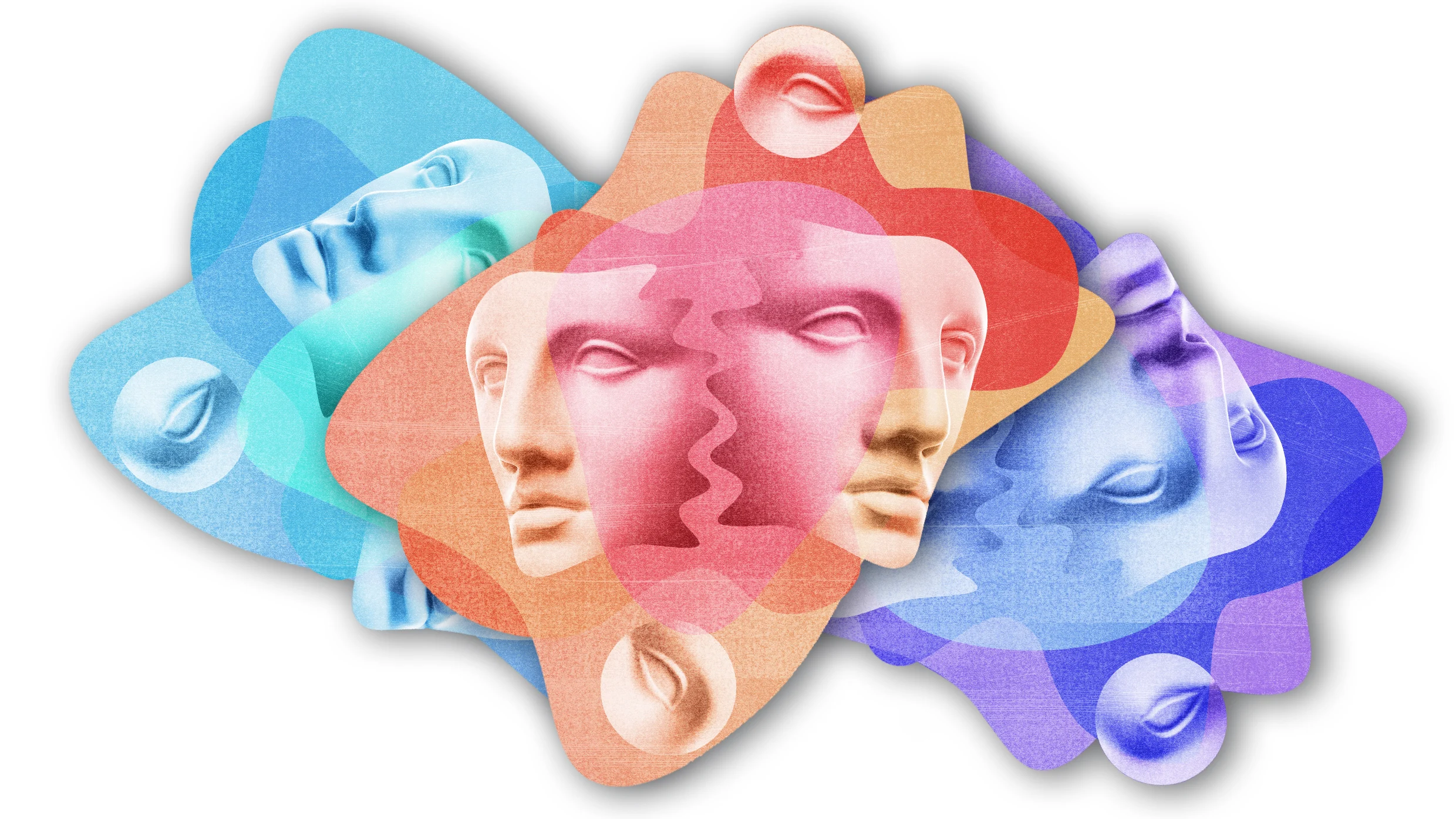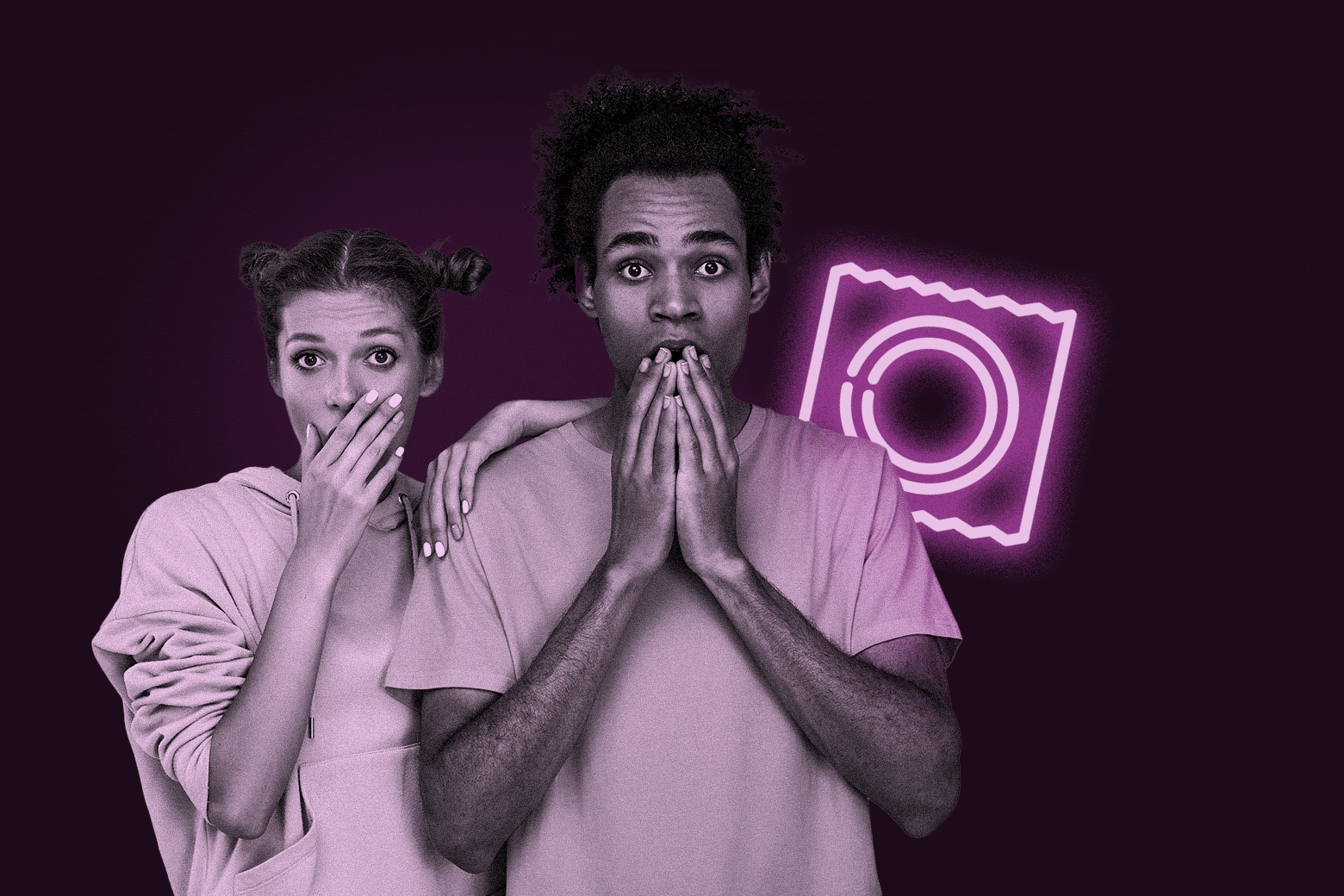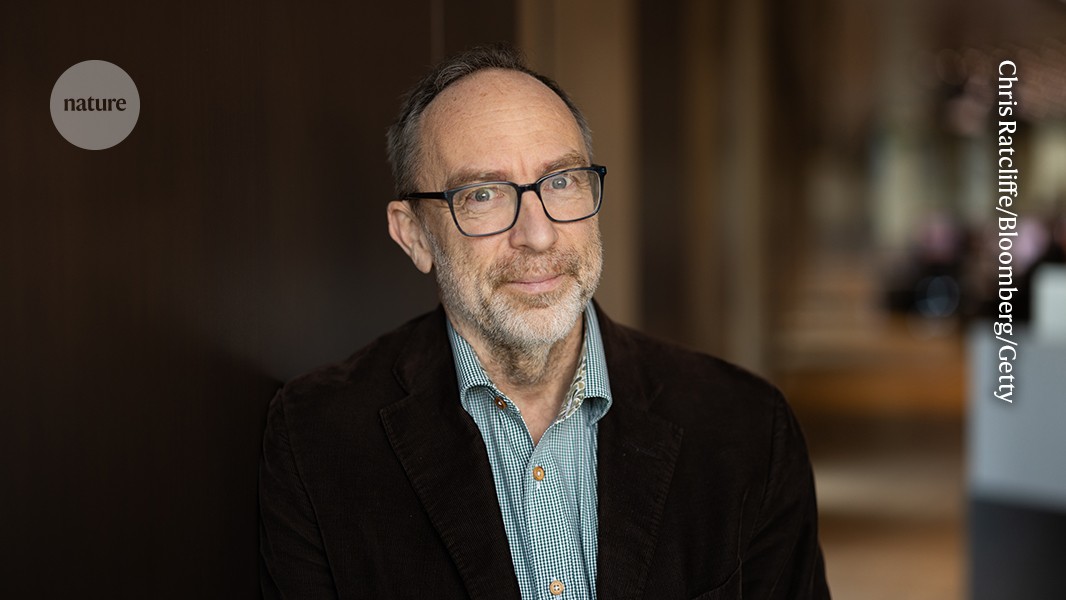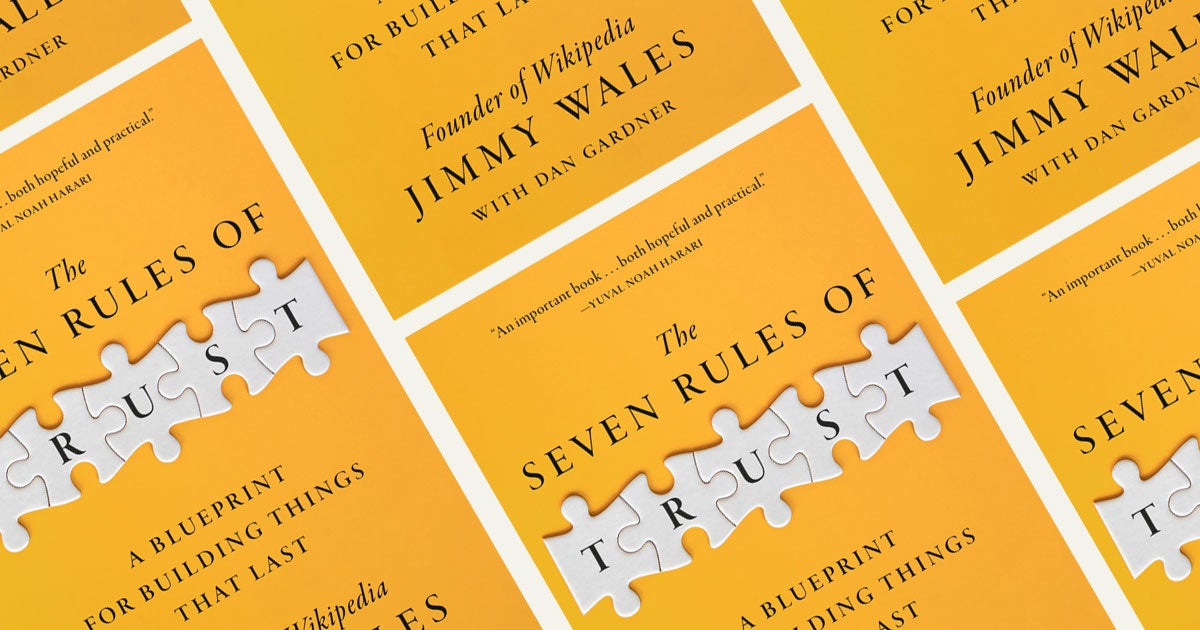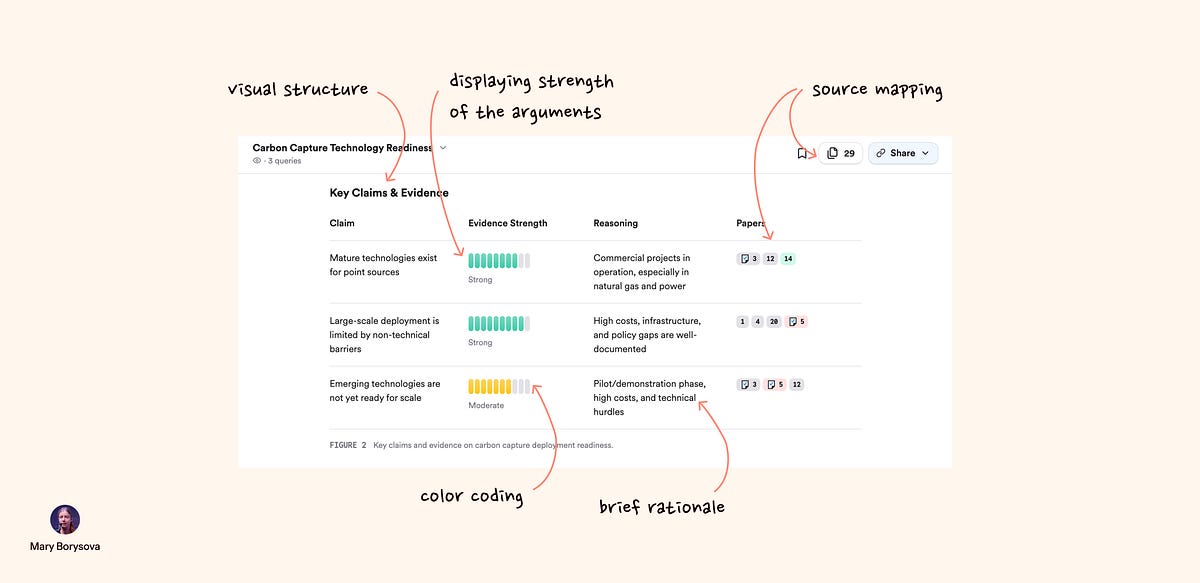fromSilicon Canals
1 day ago9 phrases that immediately make people trust you less, and most people use at least 3 of them daily without realizing the damage - Silicon Canals
After interviewing over 200 people for various articles, I've become hypersensitive to the subtle ways trust builds or breaks in conversation. And here's what I've discovered: we all use phrases that quietly erode trust, often multiple times a day, completely unaware of the damage we're doing to our relationships and credibility. The fascinating part? These aren't obvious lies or manipulative statements. They're everyday phrases that seem harmless but trigger our brain's ancient alarm systems, making people instinctively pull back from us.
Relationships




